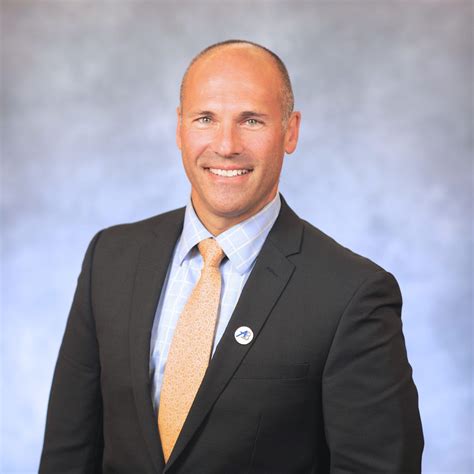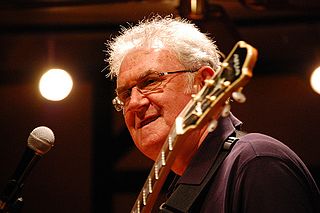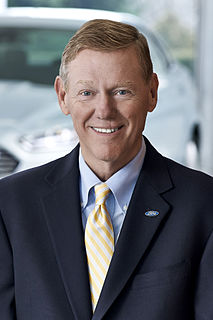A Quote by Dan Levitan
We always talk about how you have to build a brand from the inside out, not the outside in. Brands are not wrappers. Brands are based on the values of the founders, and then they spread to the people who work for the company, and then that psychological contract is spread to the customer.
Related Quotes
Of all the things that your company owns, brands are far and away the most important and the toughest. Founders die. Factories burn down. Machinery wears out. Inventories get depleted. Technology becomes obsolete. Brand loyalty is the only sound foundation on which business leaders can build enduring, profitable growth.
I see "demand creation" as a 20th-century construct that's bound up with advertising. It's an outmoded view of marketing that says, "First, we build a product or service, then we advertise it into people's lives." Embedded this view is the belief that companies control brands. This is a myth. My message all along has been that brands are actually created by customers, not companies. Companies only provide the raw materials - the products, messaging, behaviors - that people use these to create brands.
Between the time I first started working in advertising in 1998 and now, the word brand has replaced identity. We are no longer individuals so much as we are brands. We're individual brands. Individuals are basically left to define their individuality by staying off the internet, which in and of itself can be a brand, the opting-out brand.
The reality is the only place a company's culture is going to start and end is at the beginning of that company. And it always starts with the founders. So if you can't create an environment of founders and founding employees who are going to represent the company you want, then you are never going to get there. You have to look at your own network and find what you are missing. So if you don't have a female or someone who has an international perspective or a person with a bio degree, but those perspectives matter to the firm or product you want to create, then it's never going to work out.


































